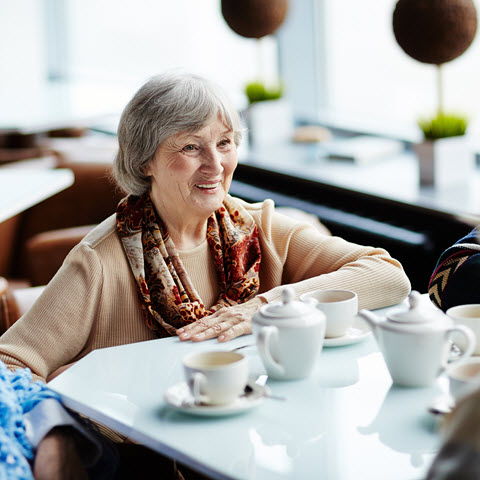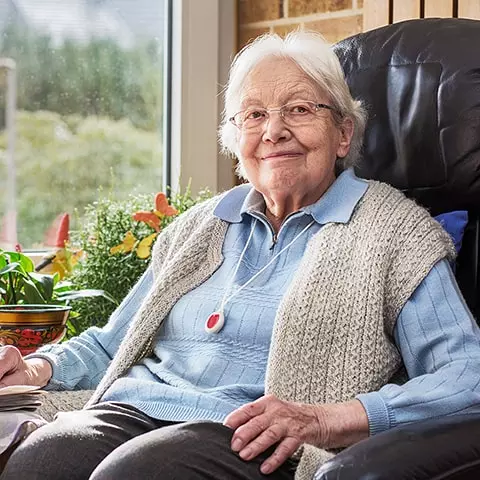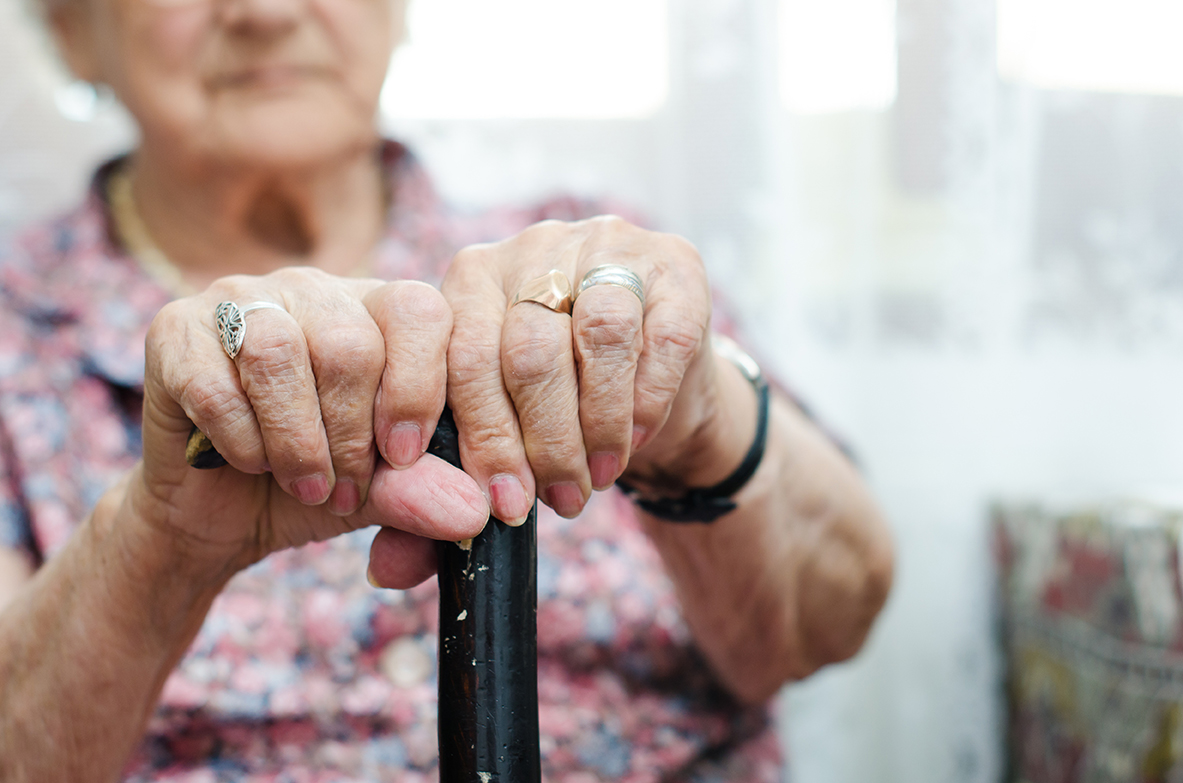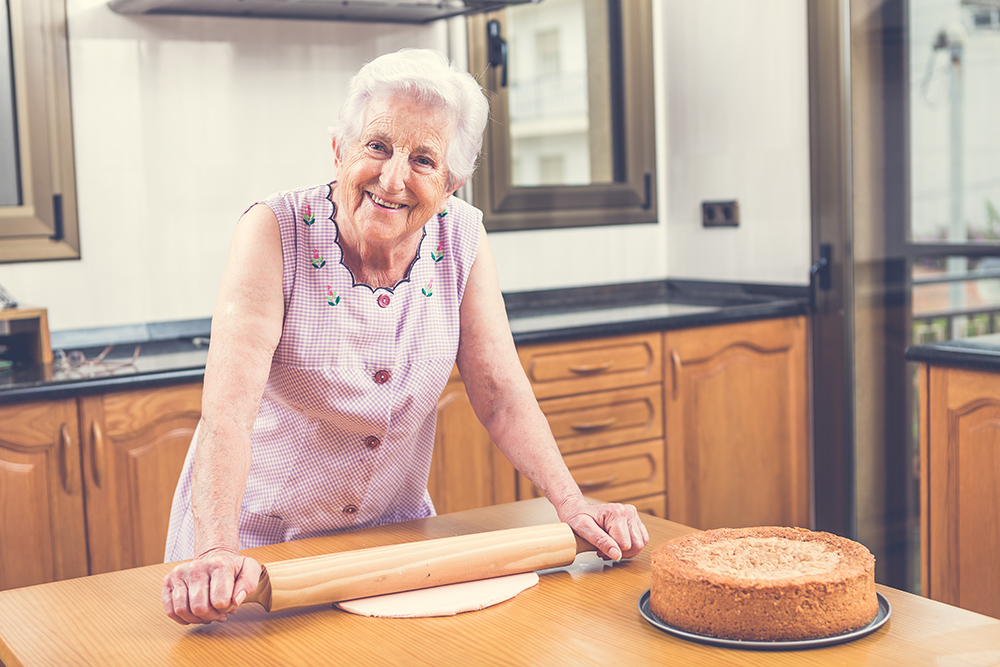
Cultural sensitivity is a fundamental component of providing high-quality senior care. As the global population continues to age, the diversity of older adults receiving care has become more pronounced. Each individual brings their own unique background, traditions, and values, making it crucial for senior care providers to adapt their services to meet diverse cultural needs. In this article, we will explore the importance of cultural sensitivity in senior care and provide practical insights for meeting the diverse needs of elderly individuals.
1. Respecting individuality:
Find YOUR ideal care home NOW!
Cultural sensitivity recognizes that each senior is a unique individual with their own history, beliefs, and preferences. By personalizing care and respecting each person's identity, cultural sensitivity ensures that seniors feel valued and understood.
2. Improved communication:
Effective communication is vital in senior care, and cultural sensitivity plays a crucial role. Understanding cultural differences in communication styles, languages, and non-verbal cues facilitates better interaction between seniors and care providers, fostering trust and rapport.
3. Emotional well-being:
Cultural sensitivity fosters emotional well-being by acknowledging and respecting the emotional and psychological needs of seniors within their cultural context. It creates a supportive environment where seniors feel emotionally safe and understood.
4. Better health outcomes:
Research has shown that cultural sensitivity in healthcare leads to better compliance with treatment plans, faster recovery, and improved overall health outcomes for seniors. By understanding and respecting cultural preferences, care providers can deliver more effective and patient-centered care.
Practical insights for cultural sensitivity in senior care:
Cultural assessment:
Begin by conducting a cultural assessment of each senior's background, including language proficiency, religious beliefs, dietary preferences, and cultural customs that may impact their care.
Language access:
Ensure language barriers don't hinder communication by employing bilingual staff, providing interpretation services, or using translation tools to assist seniors in expressing their needs.
Cultural competence training:
Train staff in cultural competence, educating them about the customs, values, and traditions of the populations they serve to enhance understanding and respect.
Customized care plans:
Develop individualized care plans that consider cultural preferences, dietary restrictions, and religious practices, adjusting meal plans and activities accordingly.
Respect for traditions:
Support seniors in continuing their cultural traditions and practices, encouraging family visits, religious rituals, or celebrations that hold significance for them.
Cultural-specific programs:
Organize activities or social groups that allow seniors to connect with others who share their cultural background, fostering a sense of community and belonging.
Cultural symbols and artifacts:
Decorate living spaces with cultural symbols or artifacts that evoke familiarity and comfort for residents, creating a homely and welcoming environment.
Family involvement:
Engage families in tailoring care to their loved ones' cultural needs, seeking their input and collaboration in decision-making.
Respecting privacy:
Be sensitive to personal boundaries and cultural norms regarding physical contact, personal space, and modesty, ensuring seniors feel respected and comfortable.
Practical Insights for Cultural Sensitivity in Senior Care
| Practice | Description |
|---|---|
| Cultural Assessment | Conduct a cultural assessment to understand the senior’s background, including language, religious beliefs, and cultural customs that may impact care. |
| Language Access | Provide bilingual staff, interpretation services, or translation tools to bridge language gaps and facilitate communication. |
| Cultural Competence Training | Train staff in cultural competence to enhance understanding of customs, values, and traditions and improve care delivery. |
| Customized Care Plans | Develop care plans that consider cultural preferences, dietary restrictions, and religious practices, adjusting activities and meal plans accordingly. |
| Respect for Traditions | Support seniors in continuing their cultural practices, including religious rituals, family visits, or significant cultural celebrations. |
FAQ:
What is cultural sensitivity in senior care?
Cultural sensitivity in senior care involves respecting and addressing the unique cultural, religious, and emotional needs of elderly individuals to improve communication, health outcomes, and overall well-being.
How does cultural sensitivity improve health outcomes?
Cultural sensitivity helps build trust between caregivers and seniors, leading to better communication, compliance with treatment plans, and faster recovery by aligning care with the individual's values and preferences.
Why is language access important in senior care?
Language access is crucial in ensuring seniors can communicate their needs and understand their care, which helps avoid misunderstandings and ensures proper care delivery.
What is involved in cultural competence training for staff?
Cultural competence training educates staff on the values, customs, and traditions of the populations they serve, enhancing their ability to provide respectful and effective care.
How can caregivers support cultural traditions for seniors?
Caregivers can support cultural traditions by facilitating religious rituals, celebrating cultural holidays, and encouraging family visits, helping seniors feel connected to their heritage.
What are cultural-specific programs in senior care?
Cultural-specific programs include activities or social groups that allow seniors to connect with others from similar cultural backgrounds, fostering a sense of community and belonging.
How do care homes ensure respect for privacy in cultural contexts?
Care homes ensure respect for privacy by being sensitive to cultural norms regarding personal space, physical contact, and modesty, helping seniors feel comfortable and respected.
Why is family involvement important in culturally sensitive care?
Family involvement ensures that the care plan aligns with the senior's cultural needs and values, allowing families to provide input and collaborate in decision-making.
How can caregivers manage language barriers in senior care?
Caregivers can use bilingual staff, translation services, and interpretation tools to overcome language barriers, ensuring effective communication with seniors from diverse backgrounds.
How does cultural sensitivity enhance emotional well-being?
By recognizing and respecting the emotional and psychological needs of seniors in their cultural context, caregivers can create a supportive environment that promotes emotional well-being.
How we help?
We are here to help you choose a care home or facility best suited to your needs. Do not hesitate to contact us on the following number: 0230 608 0055 or fill out this form.
Do you need a care home for yourself or your loved one?
Share this article :
Latest posts
You are looking for an establishment for your loved one ?
Get availability & prices
Fill in this form and receive
all the essential information
We would like to inform you of the existence of the opposition list for telephone canvassing.







.jpg)



